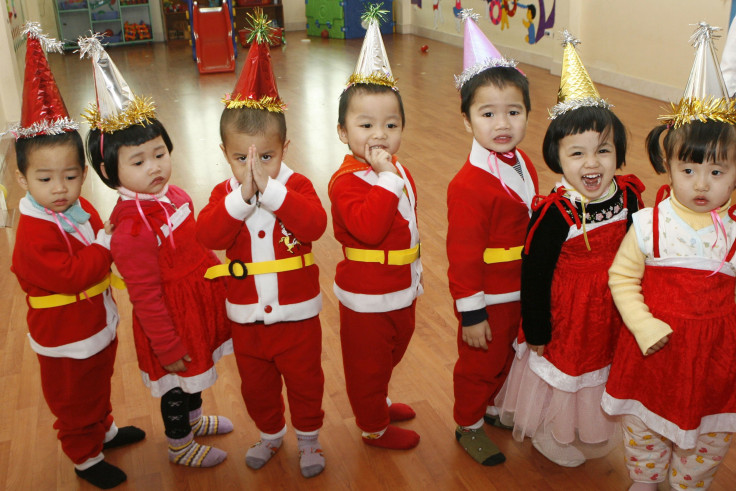Pretend Play Not as Beneficial as Believed

Pretend play might not be helping children develop their creative skills, says a new study.
Pretend play is any kind of play where the child uses his or imagination, sounds and actions to learn about new situations and things. This type of play is especially important in children between the ages of 18 months and 2 years. A lack of interest in playing such games could be an indicator of psychological problems.
According to research from the University of Virginia, which analyzed 150 studies conducted on the subject, pretend play does nothing to improve a child's creative thinking. It may, however, be an additional tool in language learning and social development.
"We found no good evidence that pretend play contributes to creativity, intelligence or problem-solving. However, we did find evidence that it just might be a factor contributing to language, storytelling, social development and self-regulation," Angeline Lillard, the new study's lead author and a UVA professor of psychology in the College of Arts & Sciences.
The research studies on the subject of pretend play had flawed methodology.
"When you look at the research that has been done to test that [pretend play effect on children], it comes up really short. It may be that we've been testing the wrong things; and it may well be that when a future experiment is really well done we may find something that pretend play does for development, but at this point these claims are all overheated. This is our conclusion from having really carefully read the studies," Lillard said.
Lillard said that schools are increasing the levels of pretend playtime and organizing it to a great extent which leads to the obvious question about whether children should be given a structured timetable and materials during playtime.
"Playtime in school is important. We found evidence that - when a school day consists mostly of sitting at desks listening to teachers - recess restores attention and that physical exercise improves learning," Lillard said.
"The article by Lillard and colleagues is a game-changer - a paragon of carefully-reasoned evidence that will challenge the play-based domination of the early-childhood field for years to come," said Stephen Hinshaw, a professor of psychology at the University of California at Berkeley and editor of Psychological Bulletin.
The study was published in the journal Psychological Bulletin.



























